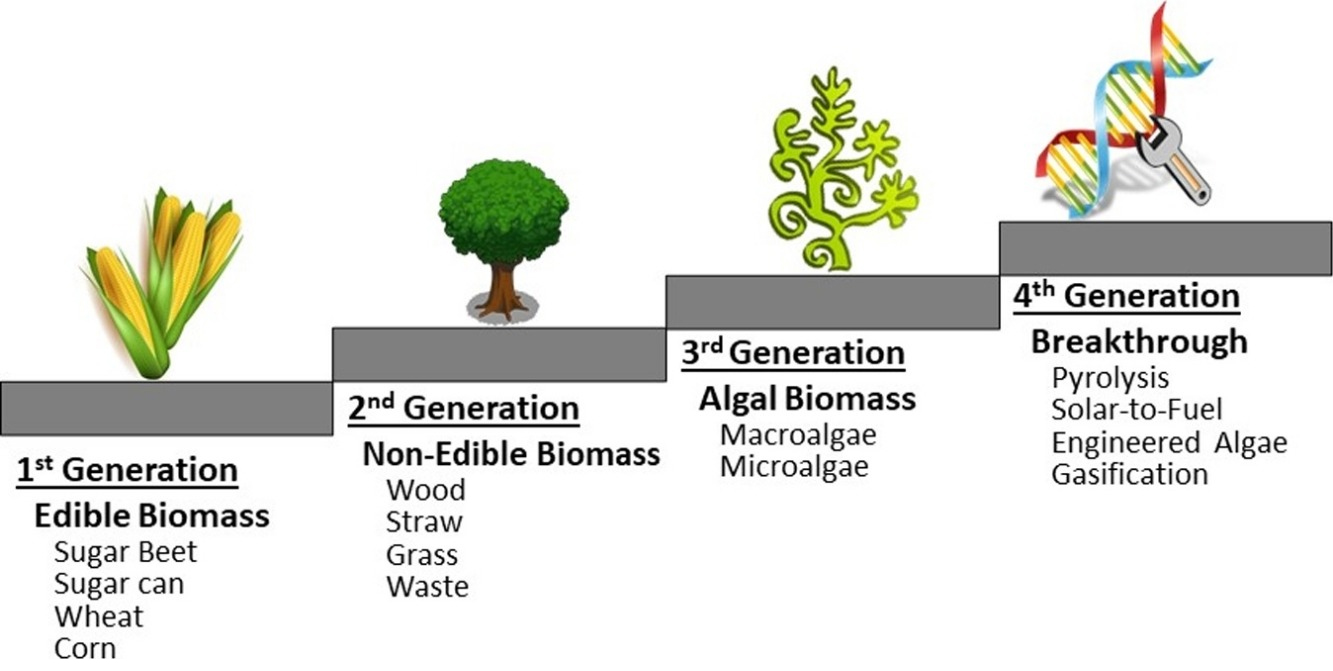Governance
Modified Scheme to Produce 1G Ethanol
- 16 Jan 2021
- 4 min read
Why in News
Recently, the Department of Food & Public Distribution has notified a modified scheme for extending financial assistance for producing 1st Generation (1G) ethanol.
- The aim is to achieve blending targets of ethanol with petrol (Ethanol Blending Programme).
Key Points
- Ethanol Blending Programme (EBP):
- Aim: It aims at blending ethanol with petrol, thereby bringing it under the category of biofuels and saving millions of dollars by cutting fuel imports and decreasing carbon emissions.
- Target: The target is to achieve 20% blending of ethanol by 2025.
- Ethanol Extraction from Foodgrains:
- In 2018, the Central Government extended the ambit of the EBP programme to extract the fuel from surplus quantities of food grains such as maize, jawar, bajra fruit and vegetable waste.
- Earlier, only excess sugarcane production was allowed to be converted into ethanol for procurement under the programme.
- Financial Assistance for Expansion of Ethanol Distillation Capacity: The government will provide interest subvention (on loans) to encourage the funding in this sector.
- Aim:
- To set up distilleries for producing 1st Generation (1G) ethanol from feed stocks such as cereals (rice, wheat, barley, corn & sorghum), sugarcane, sugar beet etc.
- To convert molasses (a sugar byproduct) based distilleries to dual feedstock.
- Aim:
- Expected Benefits:
- Enhancing Farmers’ Income:
- Facilitate farmers to diversify their crops to cultivate particularly maize/corn which needs less water compared to sugarcane and rice.
- Provide Employment:
- Investment in capacity addition or establishment of new distilleries shall provide new employment opportunities in rural areas.
- Promote Distributed Ethanol Production:
- Bringing new grain based distilleries in the entire country would result in distributed production of ethanol and would save a lot of transportation cost and thus prevent delays in meeting the blending target.
- Enhancing Farmers’ Income:
- Related Initiatives:
- E20 Fuel: Earlier, the Indian government had invited public comments for introducing adoption of E20 fuel (a blend of 20% ethanol with gasoline).
- Pradhan Mantri JI-VAN Yojana, 2019: The objective of the scheme is to create an ecosystem for setting up commercial projects and to boost research and development in the 2G Ethanol sector.
- Reduction in GST: The Government has also reduced GST on ethanol for blending in fuel from 18% to 5%.
- National Biofuel Policy 2018: The Policy categorises biofuels as "Basic Biofuels" viz. First Generation (1G) bioethanol & biodiesel and "Advanced Biofuels" - Second Generation (2G) ethanol, Municipal Solid Waste (MSW) to drop-in fuels, Third Generation (3G) biofuels, bio-CNG etc. to enable extension of appropriate financial and fiscal incentives under each category.
Way Forward
- Proper implementation of the biofuel policy and ethanol blending programme should ensure fuel requirements should not compete with food requirements and that only surplus food crops should be used for fuel production.
- Alternatives like 3rd generation (derived from algae) and 4th generation biofuels (derived from genetically engineered plants or biomass) should be encouraged.





